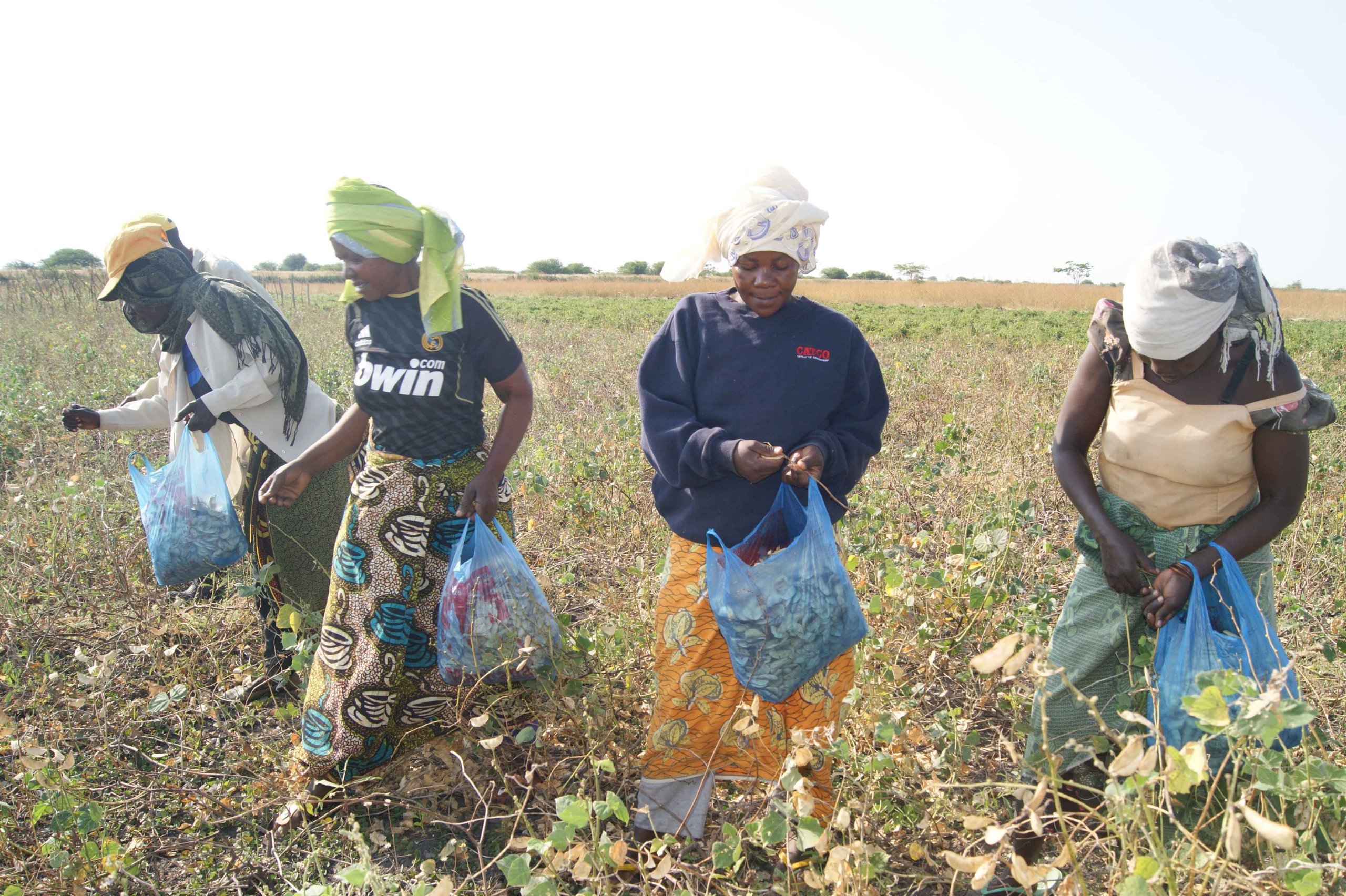ASARECA convenes Policy Dialogue on Promoting Gender and Climate Responsiveness in Agriculture

ASARECA is promoting gender and climate responsiveness in agricultural policy formulation and implementation to ensure that CSA technologies and innovations reach more women and youth and contribute to improving their livelihoods.
BEN MOSES ILAKUT
ENTEBBE–ASARECA is organizing a Policy Dialogue on Promoting Gender and Climate Responsiveness in Agricultural Policy Formulation and Implementation. The Dialogue is organized under the auspices of ASARECA’s Accelerating Impacts of CGIAR Climate Research for Africa (AICCRA) Project.
The Dialogue is jointly funded by the World Bank through CIAT; CAADP-XP4 Programme funded by European Union and managed by IFAD, and the CGIAR’s Ukama Ustawi Initiative on Diversification for Resilient Agrifood Systems in East and Southern Africa. It will be held from August 28 to 31, 2023 at Golden Tulip Westlands Nairobi Hotel, Kenya.
Objectives of the Dialogue
The overall objective of the Dialogue is to enhance the capacity of ASARECA member countries in gender and climate responsiveness in policy formulation and implementation. The specific objectives are to: Discuss national and regional climate-related policy issues identified in the ASARECA Agriculture Ministerial Conference 2023; review and validate ASARECA’s draft Gender Policy and Implementation Plan, and review and validate ASARECA’s customized policy practice index tool for tracking policy formulation and implementation in member countries.
Why the Dialogue?
Climate change remains a major challenge to agricultural production in Eastern and Central Africa (ECA) especially through prolonged droughts, delayed onset of rains, floods and emergence of new pests and diseases among others.
Women most affected
These challenges mostly affect women who comprise majority of smallholder farmers in ECA. While adoption of Climate Smart Agriculture (CSA) technologies and innovations is critical in adapting to climate change, women and youth are not accessing CSA technologies to the same extent as men and their adoption remains low. This is mainly attributed to underlying gender norms and limited access to resources, information and control over labour allocations. It is important that specific needs, priorities and realities of women, men and youth be recognized and adequately addressed in CSA and agricultural policy formulation and implementation if they are to all benefit equitably.
Gender policy to articulate current critical priorities
To contribute to improving women and youth farmer access to CSA technologies and Climate Information Services (CIS), ASARECA is currently in the process of refreshing its Gender Policy with respect to emerging priorities and challenges including climate change. Relatedly, ASARECA is promoting gender and climate responsiveness in agricultural policy formulation and implementation to ensure that CSA technologies and innovations reach more women and youth and contribute to improving their livelihoods.
Using evidence based information for decision making
Furthermore, ASARECA is supporting member countries to improve implementation of agricultural policies through use of analytical and evidence-based data in policy formulation and effective partnerships for policy influence.
Target Participants
The workshop is expected to bring together Policy makers and experts from NARIs, Ministries of Agriculture, Universities and RECs; gender experts from NARIs, Ministries of Agriculture and NGOs; Climate Smart Agriculture Practitioners and Scientists; extension workers; and AICCRA ESA and IWMI teams.
About ASARECA
The Association for Strengthening Agricultural Research in Eastern and Central Africa (ASARECA) is an intergovernmental sub-regional organization of the National Agriculture Research Systems of fifteen countries namely: Burundi, Cameroun, Central African Republic, Democratic Republic of Congo, Eritrea, Ethiopia, Kenya, Madagascar, Republic of Congo, Rwanda, Somalia, Sudan, South Sudan, Tanzania and Uganda. ASARECA is mandated to coordinate and convene human, physical, financial and institutional capital to implement Agricultural Research for Development (AR4D) initiatives in Eastern and Central Africa (ECA).
